Feature
-
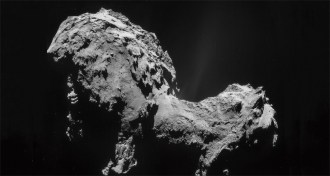 Planetary Science
Planetary ScienceYear in review: Rosetta mission hits its target
The Rosetta spacecraft and its lander Philae are providing an intimate look at the life of comet 67P/Churyumov-Gerasimenko.
-
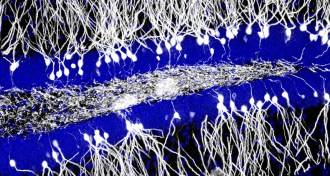 Neuroscience
NeuroscienceYear in review: Memories vulnerable to manipulation
New experimental results in 2014 helped bring scientists closer to understanding how the brain manipulates memories to make sense of the world.
-
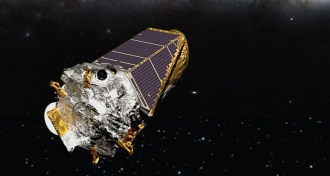 Astronomy
AstronomyYear in review: Kepler gets second chance at life
This year, Kepler engineers figured out how to stabilize the almost-defunct Kepler telescope, while astronomers found hundreds more worlds.
-
 Health & Medicine
Health & MedicineYear in review: Risks of e-cigarettes emerge
Electronic cigarettes dispense water vapor laced with flavors and often a hefty dose of nicotine. These vapors may be far from benign, studies in 2014 suggested.
By Janet Raloff -
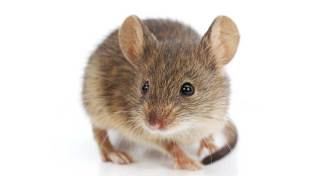 Neuroscience
NeuroscienceYear in review: Young blood aids old brains
Ingredients in young blood can rejuvenate old mice’s bodies and brains, scientists reported in 2014.
-
 Health & Medicine
Health & MedicineYear in review: Gut reacts to artificial sweeteners
Saccharin messes with the body’s ability to metabolize fuel, a condition that often precedes diabetes, obesity and other metabolic problems.
-
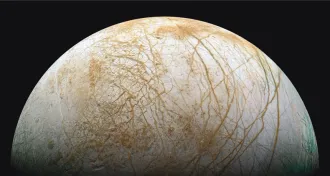 Planetary Science
Planetary ScienceYear in review: Tectonics active on Europa
Jupiter’s frozen moon Europa has a shifting exterior analogous to Earth’s plate tectonics.
-
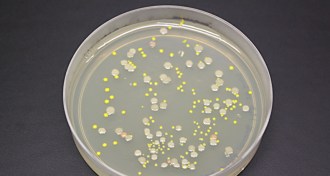 Earth
EarthYear in review: Life thrives under Antarctica
Thousands of microbe species thrive in Lake Whillans deep beneath the West Antarctic ice sheet.
-
 Anthropology
AnthropologyYear in review: Asian cave art got an early start
Stone Age cave painting began at about the same time in Southeast Asia as in Europe, challenging the idea that Western Europeans cornered the market on creativity 40,000 years ago.
By Bruce Bower -
 Genetics
GeneticsYear in review: Genes linked to tameness
A look at the genes of domesticated animals offers possible insights into why taming has altered animals’ appearances.
-
 Animals
AnimalsYear in review: Insect, bird evolution revisited
Insects got an entirely new family tree after an extensive genetic analysis rearranged the creatures' relations.
By Susan Milius -
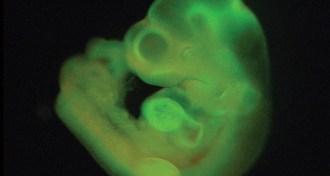 Genetics
GeneticsYear in review: Easy stem cells a no go
An incredibly easy method for making stem cells turned out to be impossible, again tainting the stem cell research field with controversy.